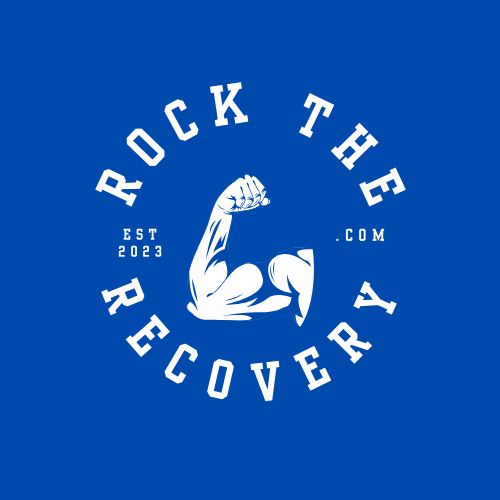Its 2:30 in the afternoon, you are (of course) behind as no one was up and ready in the AM. Suddenly the nurse from your unit stops you and informs you of the news. Your patient of many years passed away. You pause there in a moment of silence. Someone says something like: “Well maybe it was for the best she was suffering in the end.” Or “She was a great lady; she will be missed.” You agree, then something interesting happens as you walk off. You compartmentalize the information. As you turn the corner into your next patient’s room with a smile, you have already moved on…for now.
Maybe this sounds barbaric to some, but working in a large Skilled Nursing Facility there is no time blocked off in your day to mourn. As a Therapist (or really any healthcare worker) we can’t let this affect our mood. Nor do we have time to sit down for 20 minutes to talk it out or digest this information. So, we have adapted this interesting technique to internalize our feelings in a locked vault far back in our consciousness. This was created as another way to attempt to adapt to ever increasing stresses and demands that healthcare has demanded of us.
What happens if you do not provide yourself the time to circle back and begin your personal mourning process?
I return home from a long day, eat, put the kids to bed and I crash on the couch. At some point while I’m unwinding on my phone it’ll (re) hit me. This is the time when I think back and feel thankful for my time with the resident. I mourn in my own way, and I process it. I unweight the feelings that were bottled up so that I may let them go. For some, it may mean coming in the next day and reminiscing with those who knew them as well once the word had spread. But what happens if you don’t take the time to do process?
Let’s reiterate, healthcare is stressful. If you are new to the scene being a Therapist is not all it used to be. Just look at the Web blogs, Facebook groups, and your coworkers. Time is never on our side. Not being provided the time to properly digest information like the passing of a close resident will take a shot at your stress levels, and eventually your soul. If you haven’t found a way to process this information in whatever way that needs to be for you, then it is weighing you down further and further.
Its these subtle unspoken effects that are why we feel the way we do about healthcare. We want to be able to have human responses to painful news again. Not to either bottle it up to never be dealt with, or to have to swallow it down and rush off.

How Can We Unweight Ourselves when Coping with Loss?
I will reiterate my point above which is most importantly allow yourself a moment in your day to mourn in your own way. This could mean:
- Talking over your feelings with a colleague who knew the resident or someone you feel comfortable like a mentor. Don’t be ashamed, it’s a very human reaction to loss.
- Many facilities have trained counselors or referral programs to a professional who can help speak to you as well.
- Thinking back to fond memories or reading the persons obituary (you will likely learn some new interesting fact about them).
As Therapists we often have a unique relationship with our patients. Not as close as say a private pay home health aide who worked with them for 8 hours a day. However, we often were there for the bad days as well as the good. We connected with them to allow us to motivate them to do their best. We know how many grandchildren they have, and who came to visit. Their POA was called so often they recognized the phone number. Maybe we prolonged their life, or at the very least made it a better one. This is what gets us up in the morning and allows us to continue.
Carry that person with you, but do not let it weigh you down. Remember what you learned from treating them. Be proud of how hard you worked for them. Know that you gave it your best, and that they appreciated you. Take that strength to your patients the next day. You both were better from your time together; but do not bottle it up any longer.
I hope this helps you find more happiness in your career. Please follow us on Facebook for more Therapy articles

